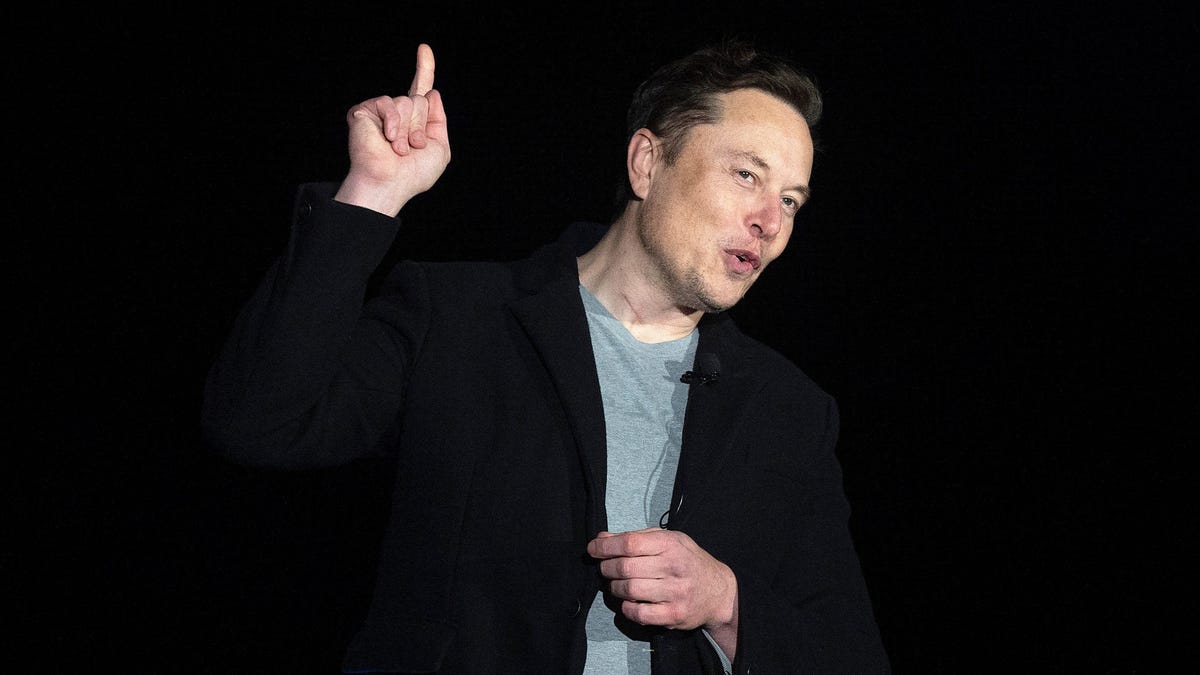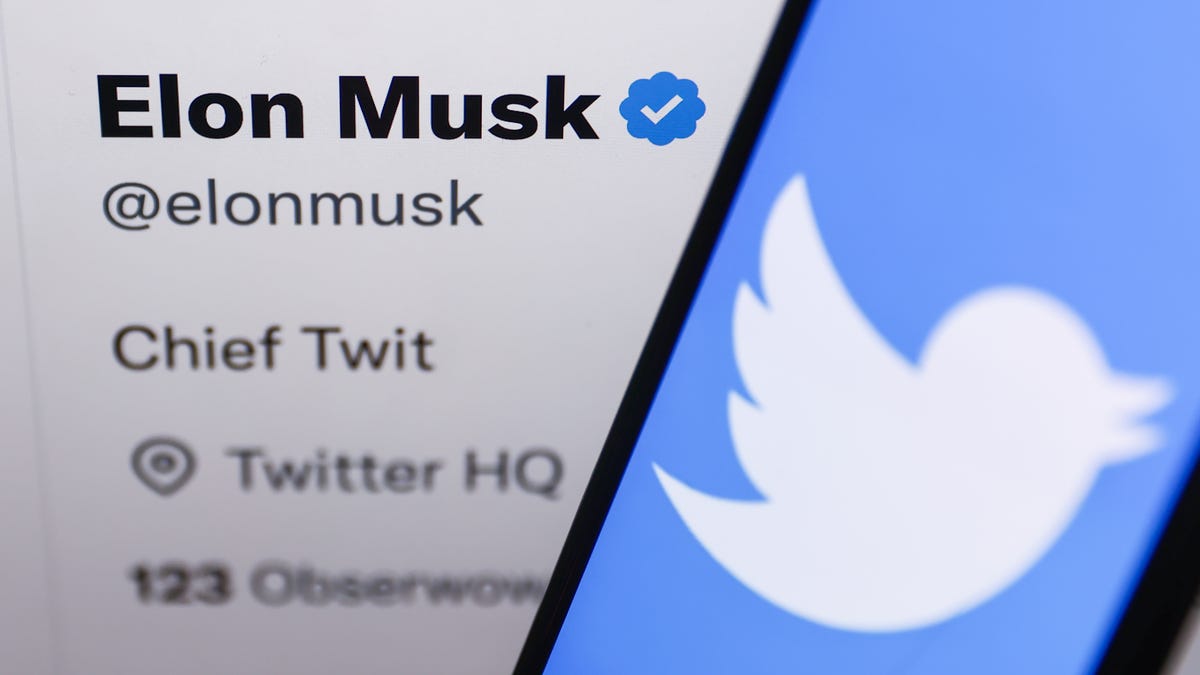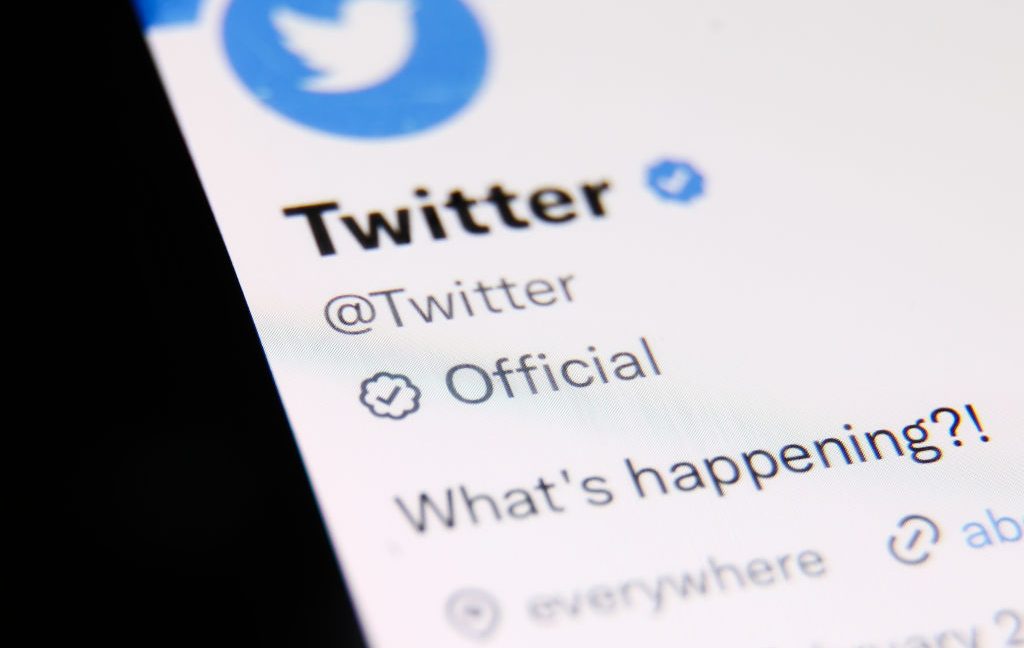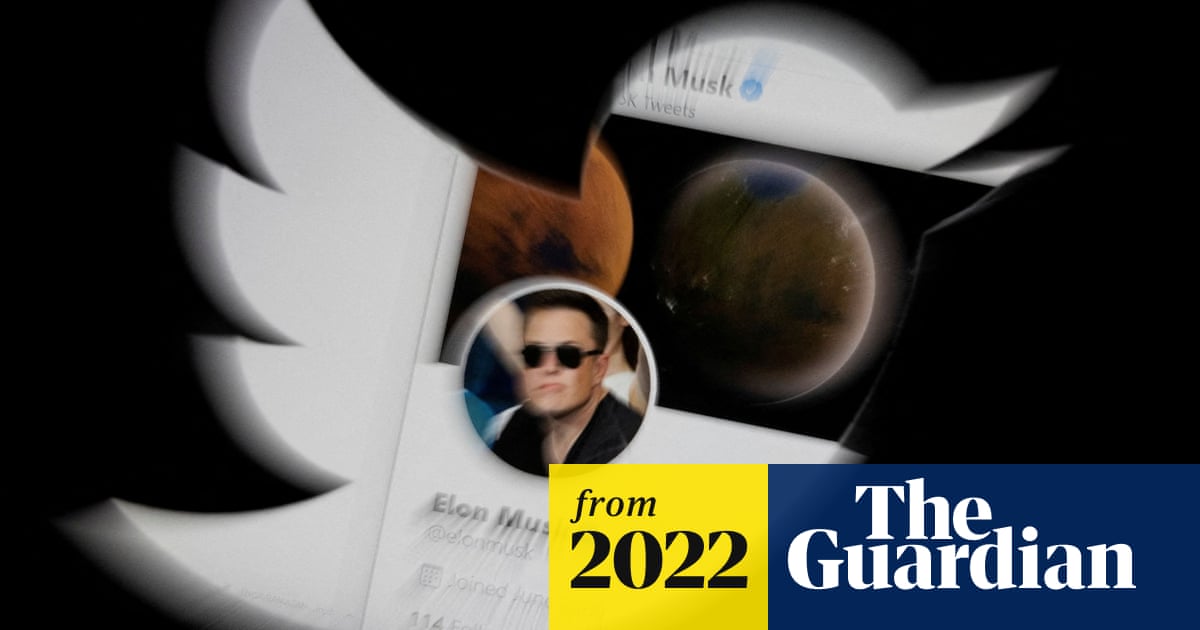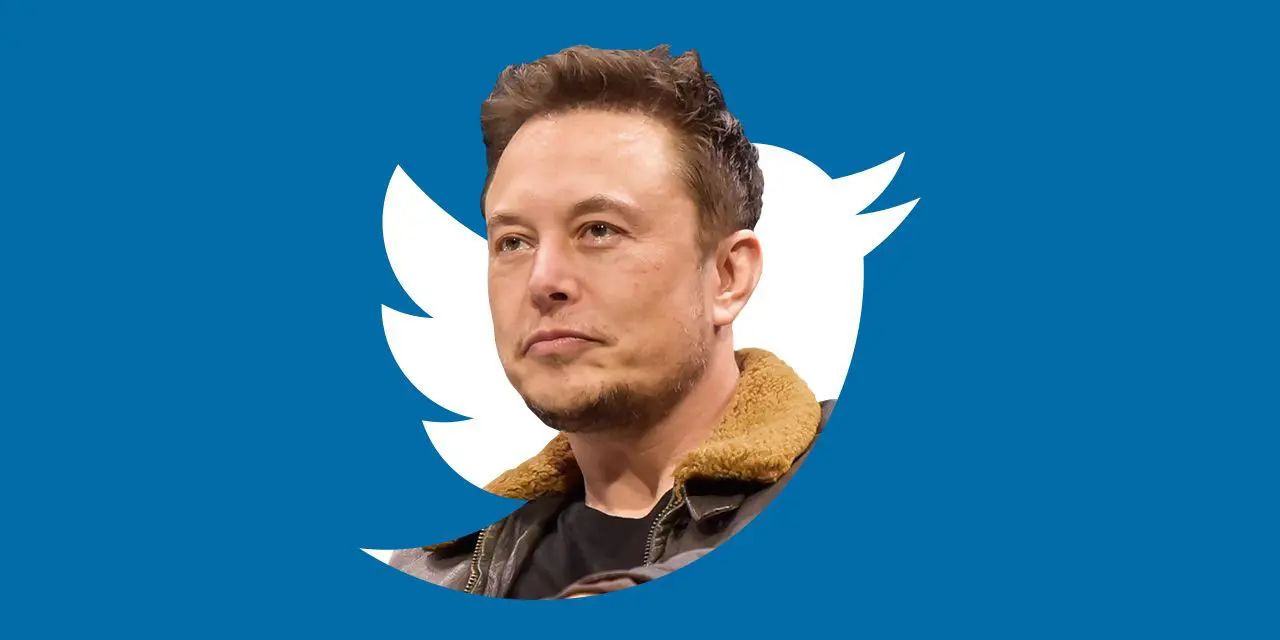- Aug 17, 2017
- 1,610
What’s The Deal With Mastodon, The Twitter Alternative?
Hundreds of thousands of people have flocked to Twitter alternatives after Elon Musk’s takeover of the social media giant became real last week, opening up a can of worms surrounding verification, online venom and privacy. One of the major players so far is a 6-year-old site called Mastodon that’s been booming among journalists, academics and communities that have left Twitter en masse.So what’s Mastodon all about, why is it different than Twitter, and who is it for?
Mastodon was created in 2016 by Eugen Rochko, a 29-year-old German coder, as a decentralized replacement for Twitter. The social network has timelines where you can see messages posted by other users you follow. But notably, its servers aren’t based in one place or owned by one company. Rather, Mastodon has a huge number of servers, or “instances,” that anyone can set up. The software is open-source, and Rochko is adamant it will never be for sale.
The moderators of each server — which can be based around professions, hobbies, geography, anything really — are able to control the group’s guidelines, filtering out spam, trolls or certain types of content. If a user isn’t happy with the server, they’re easily able to switch to another one that better suits what they want. It’s ad-free, and there are no algorithms that place certain messages higher or lower in the timelines based on popularity or some tech magic. All posts are chronological, from earliest to latest.

